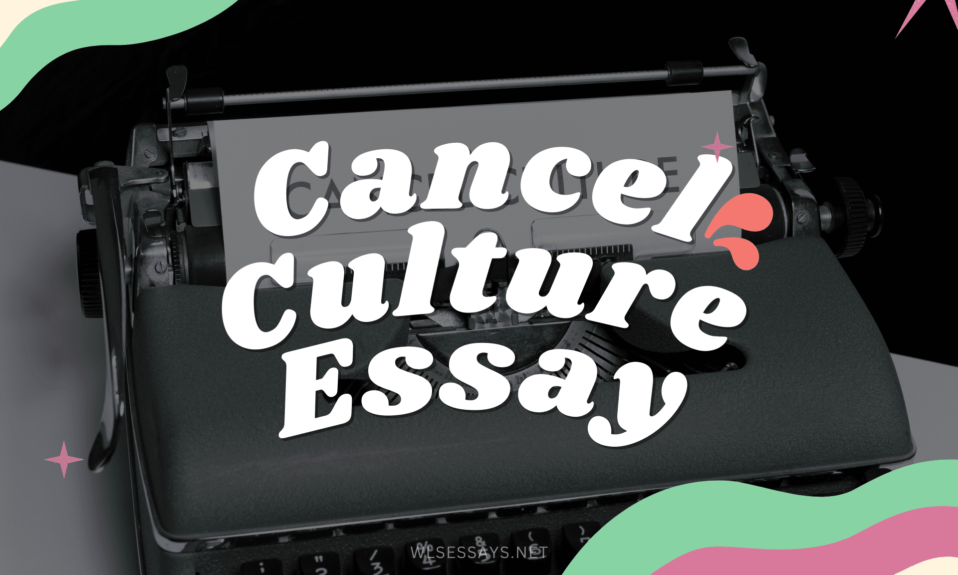“Frankenstein, or The Modern Prometheus” is a Gothic horror novel penned by Mary Wollstonecraft Shelley. The author narrates the story through epistolary format and centers on a scientific genius, Victor Frankenstein, who embarks on an unusual experiment to create life. The novel is one of the first science-fiction pieces and has left a legacy in popular culture. The personal story of Mary Shelley was as much like the plot in her book as her life, grappling with the death of her mother, Mary Wollstonecraft, and the loss of her child was complete with fights. in one of the quotes in the novel, Victor Frankenstein offers a warning to Robert Walton as he begins his tale and states, “You seek for knowledge and wisdom, as I once did, and I ardently hope that the gratification of your wishes may not be a serpent to sting you, as mine has been (Shelley 12-13).” In reference to the quote, the work focuses on understanding how Victor and the Monster’s pursuits of intelligence and knowledge affected their pursuits of intelligence and knowledge and whether intelligence and knowledge are a curse or blessing within this story.
Victor and the monster focus on their greed for knowledge and intelligence, though they end up victims of their pursuit. Victor tries to unlock life secrets by creating a monster due to his prowess in chemistry and natural philosophy and an urge to get the secrets of death and life. Despite managing to create a monster, Victor ends up horrified and abandons the creation, leaving it lonely. Victor Frankenstein claims, “I see by your eagerness and the wonder and hope which your eyes express that you expect to be informed with the secrets with which I’m acquitted, and will not lead you to ardent as then I was” (Shelley 31). The phrase shows Victor’s regrets of having gained the education and knowledge that he possessed. The neglected monster ends up seeking education to match human intelligence through learning how to read, speak, and write. The consequences confirm. The argument proves Rédei script that ‘Ontologically, hermeneutics takes the position that we do not have access to “reality” unmediated, only via interpretation from a subjective point of view determined by personal and sociocultural factors’ (2). The monster learns from reading different books, including Plutarch’s Lives, Paradise Lost, and the De Lacey family. Despite understanding, the monster still gets despised and shunned by humans, making it bitter and full of vengeance. Both Victor and the monster exemplify the tragic impacts of knowing the limit, as both try to use their knowledge to go the extra mile but get disappointed. The tale suggests that in the text, knowledge is dangerous.
Knowledge and intelligence are both a blessing and a curse in the story. Through the Lens of blessing, intelligence enables the protagonist to understand his identity, past, and destiny. The person goes further and learns about the world history, the prophesy, and the secrets of God, that he prefers fulfilling. Similarly, Victor gains skills, allies, and abilities that help him overcome dangers and challenges, the man also experiences pain, conflicts, and sorrows. However, Victor Frankenstein raises aspersion that comes with knowledge, arguing, “Learn from me, if not by my precepts, at least by my example, how dangerous is the acquirement of knowledge, and how much happier that man is who believes his native town to be his world, than he who aspires to become greater than his nature will allow (Shelly 31).” However, this gain is not without its sorrows and conflicts. Rédei’s analysis sheds light on the complexity of Victor’s creation, claiming that “The Monster has been deprived of the human qualities that were characteristic for the Creature, the Monster grunts in the film in contrast to the Creature in the novel, who puts an enormous effort into learning the human language of which he is so fascinated” (2). Victor’s gain of knowledge is indeed a blessing, allowing him to comprehend himself and society.
Despite the book categorizing the evil of education and knowledge, my position is that intelligence is more beneficial than a curse. Through education, both Victor and the monster were able to pursue their interest and create their desires. However, the consequences only erupted from their misuse of the knowledge they gained. Education allowed Victor to pursue his passion for chemistry and natural philosophy, a move that made him identify the secrets of life. The knowledge gained by Victor motivated him towards humanity. Education also benefited the monster since it enabled him to learn to the capacity of a human being. Through the achievement, the monster developed a passion for love, friendship, and compassion. However, the two characters both suffered due to misuse of the power they gained from intelligence. Victor ends up neglecting friends and family, while the monster seeks revenge on the people it thought did some wrongs. Thus, I believe that knowledge is good, but it comes with responsibilities that must avoid consequences.
Works Cited
Rédei, Anna C. “The Human Being as a Creator of (in) Human Life: The Example of Mary Shelley’s Frankenstein; or, the Modern Prometheus.” Frontiers in Human Dynamics 4 (2022): 718435.
Shelley, Mary. Frankenstein. University Of Chicago Press, 1982.









